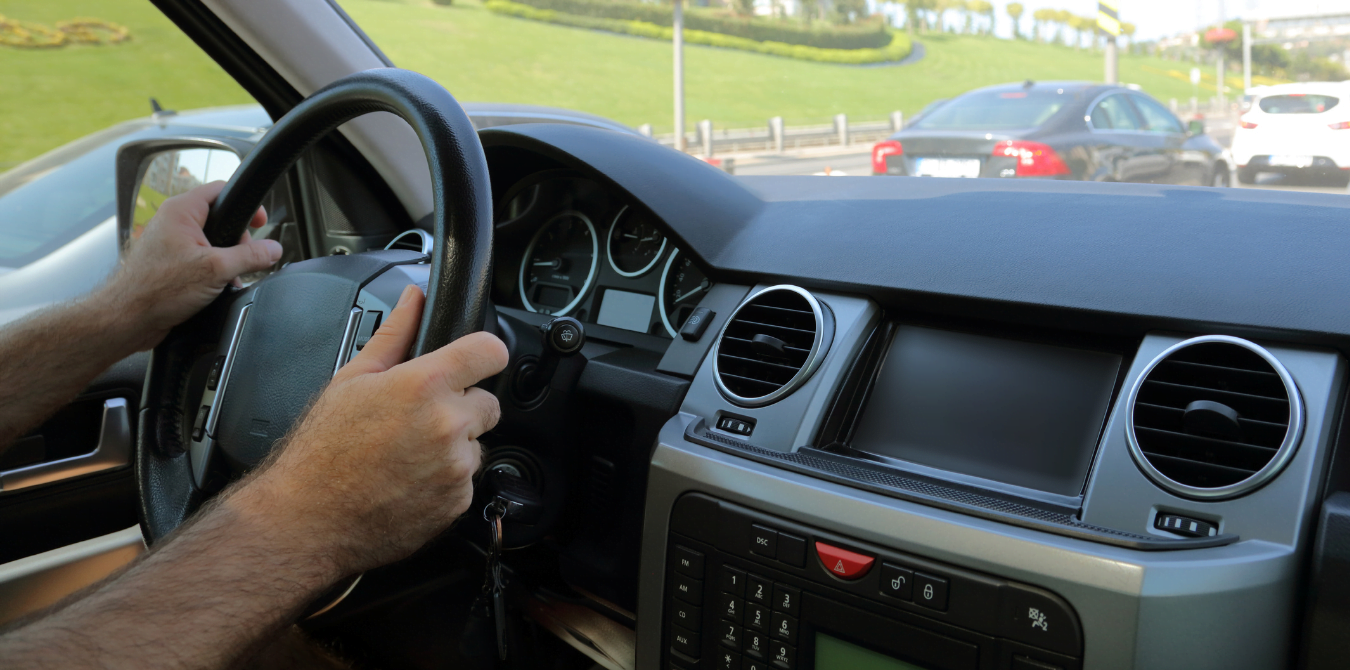What is the Best Car Insurance For Commuters?


Reviewed by
Grant Desselle
Licensed Insurance Agent


Reviewed by
Grant Desselle
Licensed Insurance Agent
But you can find a competitive policy as a commuter if you do your research. This article offers tips on finding the best car insurance for commuters.
Table of Contents
The best car insurance policy for commuters is the one that costs the least but still offers the protection you need. Getting only the state minimum coverage levels can be tempting if you’re a budget-conscious driver, but it could leave you liable for significant out-of-pocket costs if you have a major accident that results in a lot of damage.
The table below shows the average yearly premiums charged by several major insurers for commuter and pleasure-use policies. Keep in mind these figures are only averages. Your rate with any given company could be much lower or higher, so do your research and shop around before choosing a policy.
| Company | Commuter policy premium | Pleasure-use policy premium |
| Nationwide | $1,280 | $1,170 |
| GEICO | $1,490 | $1,220 |
| State Farm | $1,620 | $1,610 |
| Progressive | $1,710 | >$1,670 |
| Farmers | $1,880 | $1,570 |
| Allstate | $2,020 | $1,890 |
| Liberty Mutual | $2,110 | $1,980 |
Commuter use means driving a car every day to and from work or school. Pleasure use involves driving only on nonworking days or in your spare time.
For most people, daily commuting puts more miles on their car than pleasure driving. This is why commuter insurance policies cost slightly more than pleasure-use policies. But not all commuters drive more miles than all pleasure drivers. Each of us has unique driving habits, which is why mileage is typically the ultimate determinant of whether a driver qualifies for a pleasure-use or commuter policy.
Each car insurance company has its own limit on the number of miles under a pleasure-use policy. Some companies cap mileage at as little as 8,000 miles per year, while others allow up to 15,000 miles.
Be honest about the number of miles you intend to drive. If you know it’s above the pleasure-use threshold, buy a commuter policy. The insurance company will check the mileage if you file a claim. If you’ve driven far more than you claimed you would, the company may deny the claim, leaving you to pay for damages out of pocket.
The price difference between a commuter and pleasure-use policy is minimal with most companies. You don’t want to risk invalidating your coverage just to save a few dollars a year.
Commuter policies are the most common type of car insurance, so you can find them at just about any company. All the major car insurers offer them.
You shouldn’t buy the first policy you find on the market. Rates can vary substantially between carriers, and what’s more, the carrier that offers your girlfriend or your brother the best deal might not be the best for you.
Car insurance companies use formulas that calculate premiums based on a driver’s age, gender, zip code, driving record and other factors, but each company’s formula is unique and weighs these factors differently. If your driver profile is significantly different from another person’s, the company that has the cheapest rates for you will probably also be different.
The terms “commuter” and “pleasure use” are a bit misleading, as most insurance companies don’t actually care what your destination is when you drive your car. What they mainly care about is the number of miles you drive each year.
If you only use your car for commuting, but your job is a mile from your house, then you may qualify for a pleasure-use policy with some insurers since your yearly mileage would be well under 8,000. Conversely, if you only drive your car for pleasure on the weekends, but those pleasure drives involve road trips across the country, you probably won’t qualify for a pleasure-use policy with most companies because your mileage would be too high.
Commuting often equals high miles, and to an insurance company, high miles equals risk. To account for this risk, insurers usually charge commuters more. But if you do your homework and compare rates before buying a policy, you can find the best coverage at the best price.